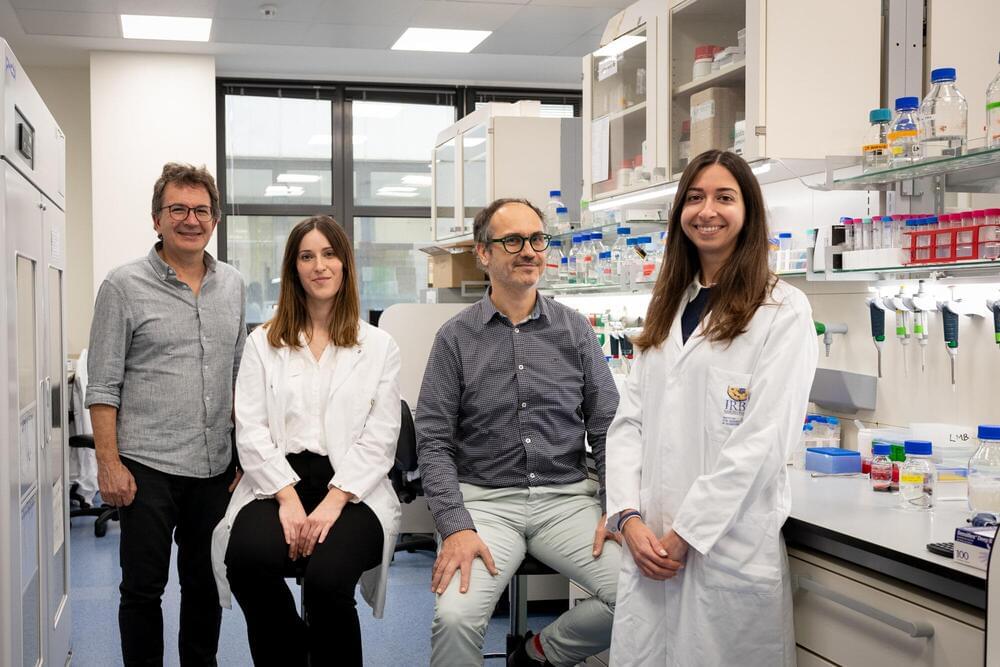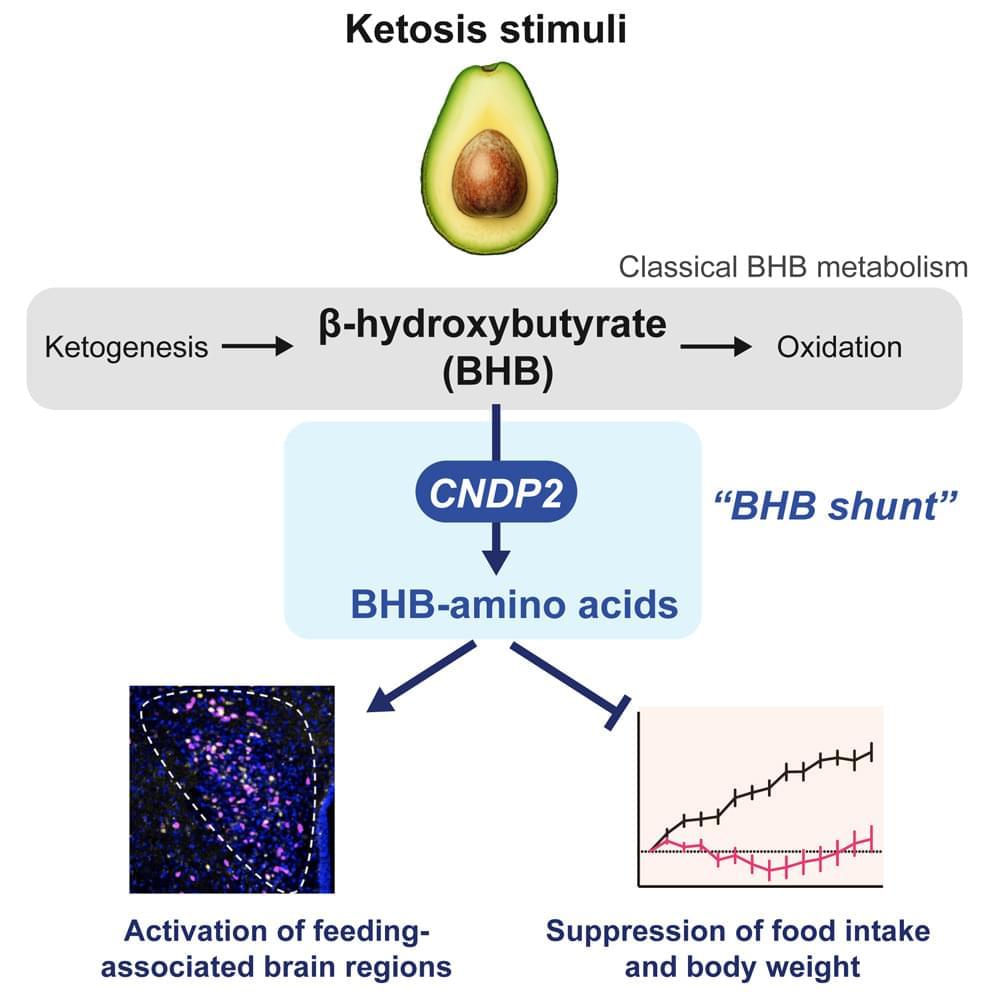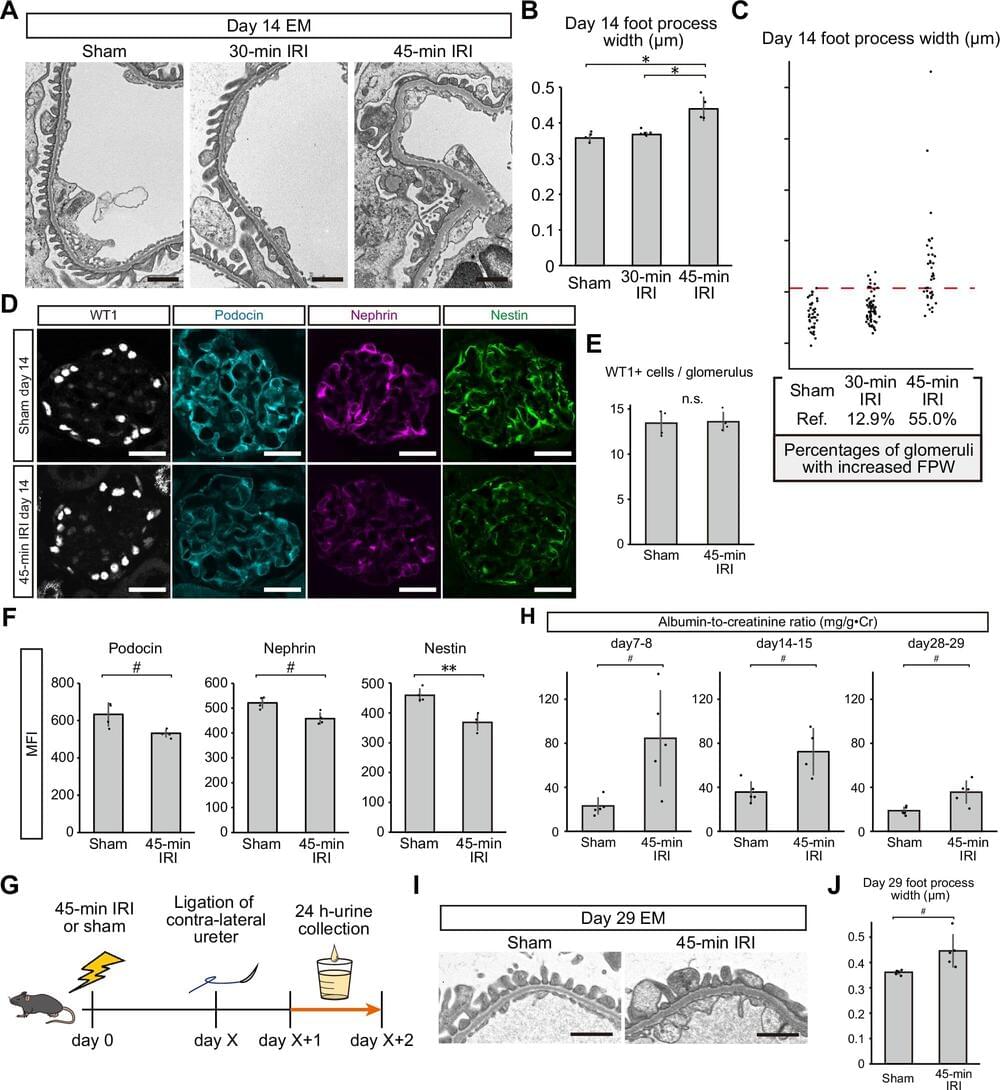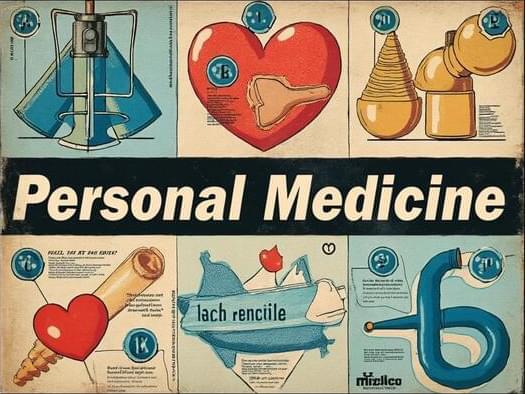Multisectoral approaches for combating antimicrobial resistance — dr. amal al-maani — director general, diseases surveillance & control, ministry of health oman.
Dr. Amal Al-Maani, MD is Director General for Diseases Surveillance and Control at the Ministry of Health of Oman (https://moh.gov.om/en/hospitals-direc…), senior consultant in pediatric infectious diseases in the Sultanate, and is the focal point for the Global Antimicrobial Resistance (AMR) Surveillance System (GLASS) and is responsible for Oman national surveillance system for AMR (OMASS) and the national Infection Prevention and Control (IPC) program.
Dr. Al-Maani completed her medical degree from Sultan Qaboos University, Oman and passed the London School diploma in tropical Medicine and Hygiene (DTM\&H) during her internship period. Followed by her postgraduate training at the University of Toronto, she achieved her fellowship in pediatric infectious diseases from the Royal College of Physicians and Surgeons, Canada. She has the Certificate In Infection Control from the Certification Board of Infection Control \& Epidemiology, a certificate in global health from Dalla Lana School of Public Health the Centre for International Health in the University of Toronto (UFT), and the Patient Safety \& Quality Improvement certificate from the center for patient safety in UFT.
Dr. Al-Maani has participated in many national and International Conferences and presented many papers. She received Dr Susan King Award at the Canadian AMMI conference 2011 and in 2021 the WHA Sasakawa health development award for her work in AMR and IPC. She published many papers in the field of infectious diseases and infection control with a focus on Antimicrobial resistance and emerging resistant pathogens. She had been a co-author in multiple positional statements for the International Society for Infectious Diseases (ISID) group in infection control, including most recently about the Global Antimicrobial Stewardship with a Focus on Low-and Middle-Income Countries and on the Prevention of Clostridioides.
#AntimicrobialResistance #AMR #AmalAlMaani #DiseasesSurveillance #MinistryOfHealth #Oman #SultanQaboosUniversity #WHO #WorldHealthOrganization #OneHealth #Antibiotics #Vaccines #TropicalMedicine #Hygiene #VancomycinResistantEnterococcus #MethicillinResistantStaphylococcus #ProgressPotentialAndPossibilities #IraPastor #Podcast #Podcaster #ViralPodcast #STEM #Innovation #Technology #Science #Research







